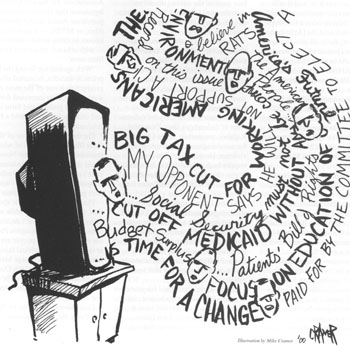Why do we read literature?
As I have mentioned in previous posts, I am currently reading Reading Lolita in Tehran and a question Azar Nafisi addresses in the book is the question: what does literature offer us? Throughout the book she extols the power of literature mainly as the ability to offer empathy, both to train you to empathize and to understand the world and issues through different lenses. She writes,
A novel...is the sensual experience of another world. If you don't enter that world, hold your breath with the characters and become involved in their destiny, you won't be able to empathize, and empathy is at the heart of the novel. This is how you read a novel: you inhale the experience.
So, is that why we read literature, and should it be the only vessel we have to understand the experiences of someone else; not only the writer but the oppressed when reading Invitation to a Beheading or the American Dream when reading The Great Gatsby? And what should we do when confronted with conflicting ideas of what is reality as perceived by two different sources?
An article written by the Washington Post called Sorry, Wrong Chador examines Iranian views of Reading Lolita in Tehran (the few that have had the ability to read it). Many do not agree with Nafisi's take, or think that it deserves updating. It is a powerful book, no one argues that, but if the basic facts are not universal, or even widespread, what do we take from it? There is a endless call for the 'right' story, so how do we choose?
It seems to me though, that more than one story can be correct. Throughout Reading Lolita in Tehran, and many of the books they read, there is a sense that somehow fiction and reality have combined to make something that is true in meaning but perhaps not exactly true in happening. An event, seen from four different sides does not have a right story, it has many different perceived stories. So, the power of literature comes from the ability to communicate those stories, together or separately, and the power for us to understand them. But in order to avoid a story that is one sided, we must take other stories into account, and remember that the true power of literature comes from the words and meanings embedded in them, so that perhaps a spoken version is just as powerful.
We must remind ourselves that a word once spoken, or written, it cannot be taken back, only built upon.





